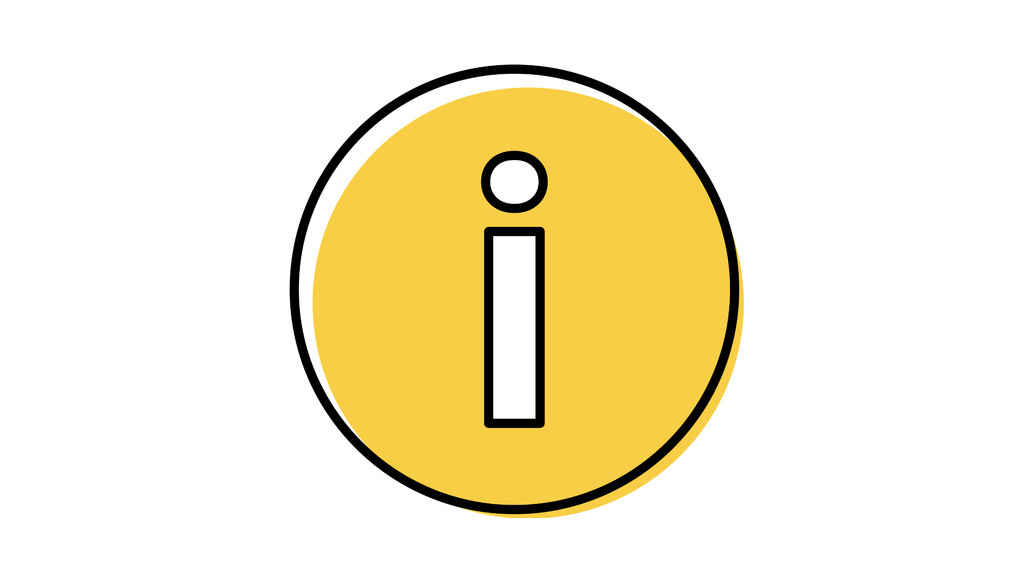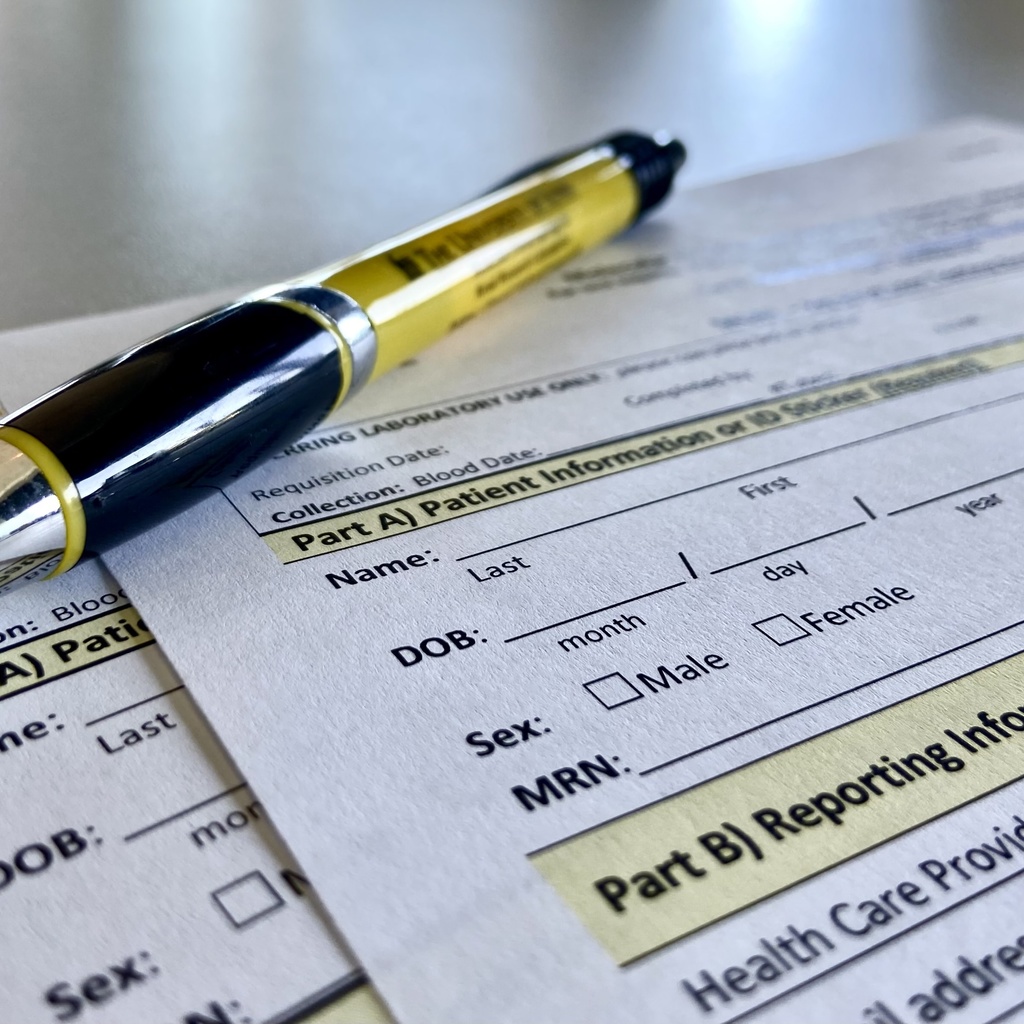MORL Screening Methodology
Turbidimetry-based method
Sample Requirements
- 1ml frozen serum
Sample Stability
- Serum samples must be frozen to below -80°C immediately after separation from cells and shipped on dry ice. These samples remain viable for at least six months when stored at -80°C.
Shipping Requirements
- All serum samples MUST be processed and frozen down to -80°C immediately after collection
- Labeled with the sample type AND patient’s name, DOB, MRN and sex
- Cryovials should be put in zip lock bags and completely covered in dry ice to keep the sample frozen until it arrives in the lab
- Shipped overnight on at least 5 lbs of dry ice
- Shipping and receiving dock closed on weekends and holidays
- Deliveries accepted Monday - Friday
If samples arrive thawed they will be REJECTED.
Indications for Testing
Dense Deposit Disease, C3 Glomerulonephritis and atypical Hemolytic Uremic Syndrome
Complement C4 (MW: 188 kDa), a central complement component in the classical and lectin pathways, is required to generate C4b2a, the C3 convertase of the classical pathway. C4 is cleaved to C4a (anaphylatoxin; 8 kDa) and C4b (180 kDa). C4b binds C2, and after removal of non-catalytic domain on C2, the C4b2a complex is formed. Unlike plasma C3, plasma C4 levels are typically normal in aHUS and C3G, however this test helps to rule out other complement-mediated renal diseases.

Quick Facts
- CPT code: 86160
- Test code: 07C4L
- Turnaround time: 2 weeks
- Cost: $110
Background Knowldge
Background Information - Complement C4 Level Assay
Complement C4 (MW: 188 kDa), a pivotal complement component in the classical and lectin pathways, plays a crucial role in generating C4b2a, the C3 convertase of the classical pathway. C4 undergoes cleavage to yield C4a (anaphylatoxin; 8 kDa) and C4b (180 kDa). C4b subsequently binds to C2 and upon removal of the non-catalytic domain on C2, the C4b2a complex is formed. Unlike plasma C3, plasma C4 levels are typically within the normal range in cases of atypical hemolytic uremic syndrome/complement-mediated TMA and C3 glomerulopathy. Nevertheless, this test aids in ruling out other complement-mediated renal diseases.
The Clinical Diagnostics Service of the Molecular Otolaryngology and Renal Research Laboratories is a CLIA-approved Joint Commission-accredited diagnostic laboratory.
